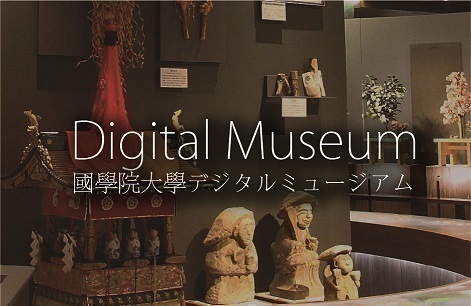- トップ
- Encyclopedia of Shinto
- Jihen
Encyclopedia of Shinto
| Main Menu: | |
| Links: |
詳細表示 (Complete Article)
| カテゴリー1: | 8. Schools, Groups, and Personalities |
|---|---|
| カテゴリー2: | Personalities |
| Title | Jihen |
| Text | (n.d.) A Buddhist priest of the Tendai sect active in the fourteenth century, Jihen was son of Urabe Kaneaki and elder brother of Kenkō, famed author of Tsurezuregusa (Essays in Idleness). At a young age, Jihen entered the head Tendai temple Enryakuji on Mount Hiei, where he studied Tendai doctrine. Well versed in the teachings of Ise, Ryōbu and Sannō schools of Shinto thought, he held the Sendai kuji hongi as the central sacred Shinto scripture, and contributed greatly to the systematization of medieval Shinto discourse. Jihen was a strong influence on Shinto thought in the Nanbokuchō and Muromachi eras, formulating the "Root, Branch and Flower" doctrine (konpon shiyōkajitsusetsu, wherein Shinto represented the root, Confucianism the branches, and Buddhism the flower of the order of all things), a doctrine which Yoshida Shintō would later adopt as a central tenet. Jihen also espoused the idea of Imperial rule (kōdōshisō). His many activities had a profound effect on fourteenth-century Shinto thought. His primary works include Kuji hongi gengi (Deep Significances in the Kuji hongi), Tenchi jingi shinchin yōki (Primary Record of the Investigation of the Manifest Deities of the World), both written in 1333, and Toyoashihara jinpūwaki (Record of the Natural Deities of Japan, the Land of Abundant Reed Plains and Rice Fields) completed in 1340. - Satō Masato |




